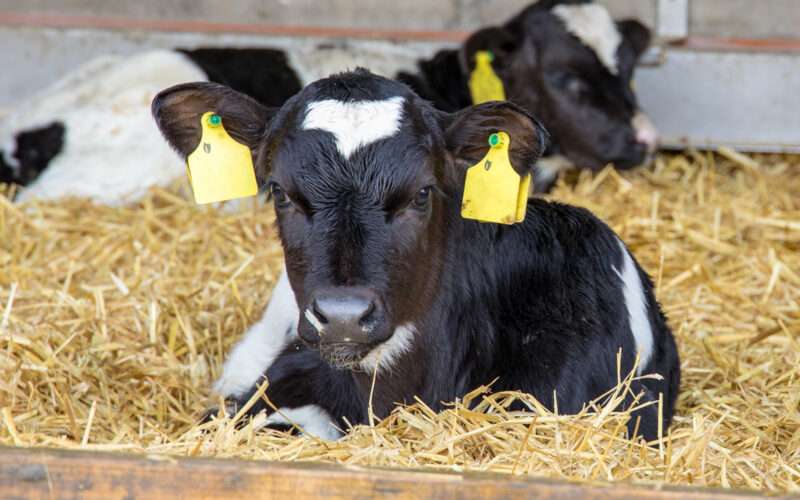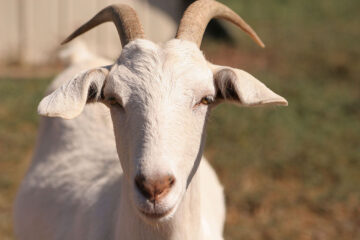Published in November 2017.
The health and growth of young calves are crucial for the productivity of a dairy farm. Calves are especially vulnerable to infections and mortality, particularly from bacterial, viral, and parasitic infections, which can lead to blood poisoning, diarrhea, digestive issues, and respiratory infections.
Calves often fall sick due to low immunity and poor farm hygiene. Early detection and treatment of these diseases are essential to reduce losses. Below are some common diseases and their management.
Blood Poisoning: Septicemia
Infected calves may carry bacteria or bacterial toxins in their bloodstream, leading to septicemia. This infection can occur in the womb or after birth and can spread through maternal blood, infected instruments, umbilical cord, mouth, respiratory tract, or open wounds. Common bacterial causes include E. coli and Salmonella.
Signs in affected calves include weakness, joint swelling, diarrhea, nasal discharge, pneumonia, brain inflammation, eye paleness, and swollen umbilical cord.
Diarrhea: Milk Scours
Diarrhea is a leading cause of calf mortality, especially in calves under one month of age. Bacterial infections like E. coli, Salmonella, and Coccidia are common culprits. Symptoms in affected calves include dehydration, sunken eyes, cold ears and legs, refusal to drink milk, watery stools, and lack of alertness.
Pneumonia: Lung Infection
Pneumonia, caused by bacteria such as Pasteurella haemolytica, Pasteurella multocida, Mycoplasma dispar, Mycoplasma bovis, Histophilus somni, and Salmonella dublin, leads to inflammation of the lungs. Symptoms include nasal discharge, high fever (up to 41°C), refusal to drink milk, and dry coughing.
Preventive Measures
Early detection of septicemia, diarrhea, and pneumonia in calves is critical. The success of treatment depends on identifying infections at an early stage. Preventive measures include:
- Monitor calves with reduced milk intake for changes in body temperature, particularly in the morning and evening, and provide timely treatment.
- For calves with watery or bloody diarrhea, address dehydration immediately.
- Isolate infected calves in a clean environment to prevent the spread of infection.
If a calf has low body temperature, administer warm fluid intravenously to stabilize body heat. Provide clean drinking water twice daily. For calves with poor appetite, offer probiotics to promote gut health. Consult a veterinarian to identify specific pathogens and administer the correct antibiotics.
Schedule regular deworming under veterinary guidance, and ensure a diet with adequate carbohydrates, protein, and fats. Provide mineral supplements to support calf health.
A. Sabarinathan, C. Rengasamy, T. Sathiyamoorthy, T. Gopikrishnan, Department of Animal Breeding and Genetics, Madras Veterinary College, Chennai – 600007.










